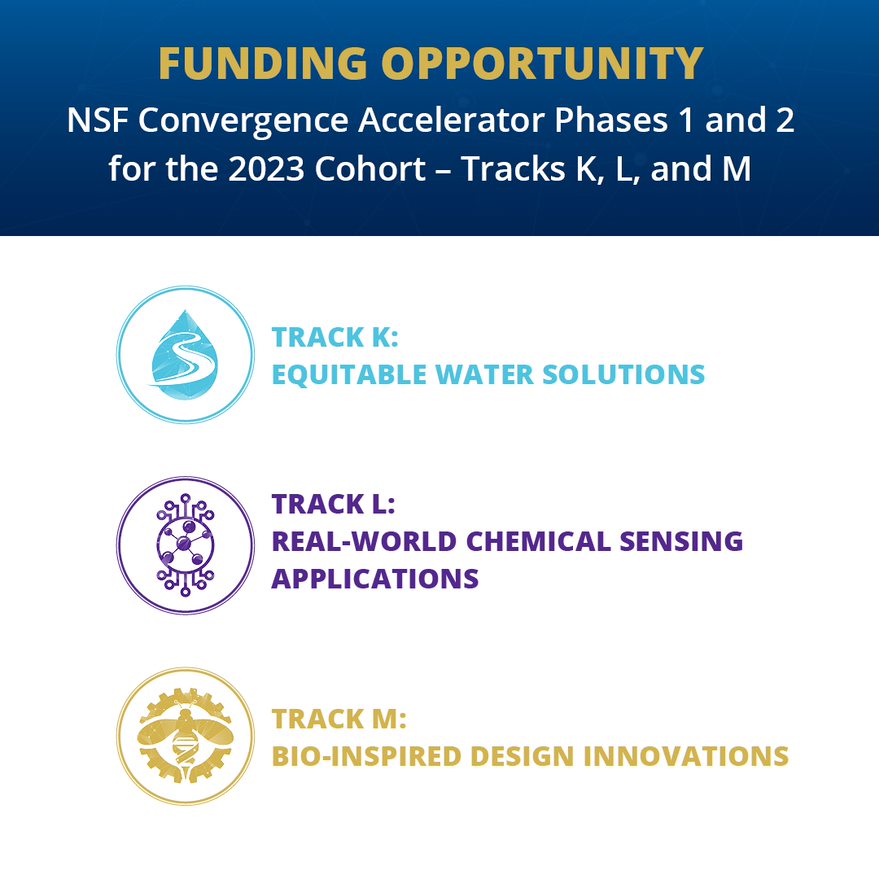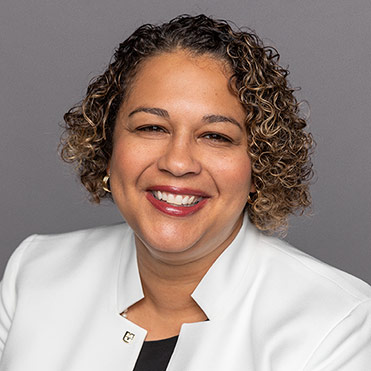Dear Colleague Letter Released Outlining Addressing Societal Challenges through the Bioeconomy as FY2024 Focus of NSF Global Centers Program
The topic for the FY2024 competition of the Global Centers program is anticipated to be Addressing Societal Challenges through the Bioeconomy and may include research from any combination of research disciplines supported by NSF. The Program anticipates accepting proposals for holistic, multidisciplinary projects that demonstrate integration of international teams as well as the relevant scientific disciplines, including educational and social sciences necessary to achieve use-inspired outcomes.
About Global Centers
Global Centers — launched in FY2023 — is a cross-directorate funding opportunity implemented in partnership with international funding partner agencies. Global Centers supports large-scale use-inspired research in collaboration with international partners to address global challenges that cannot be solved by any single country. The Global Centers program funds research centers that maximize the benefits of international, interdisciplinary collaborations through co-development of research and workforce training with diverse kinds of stakeholders impacted by global challenge themes. Funding levels for NSF Global Centers Implementation awards are up to $5,000,000 for durations of four to five years and Design awards are up to $250,000 in total over two years. In the inaugural FY23 competition, funding of both Implementation and Design awards totaled $76.4M across all partner agencies





